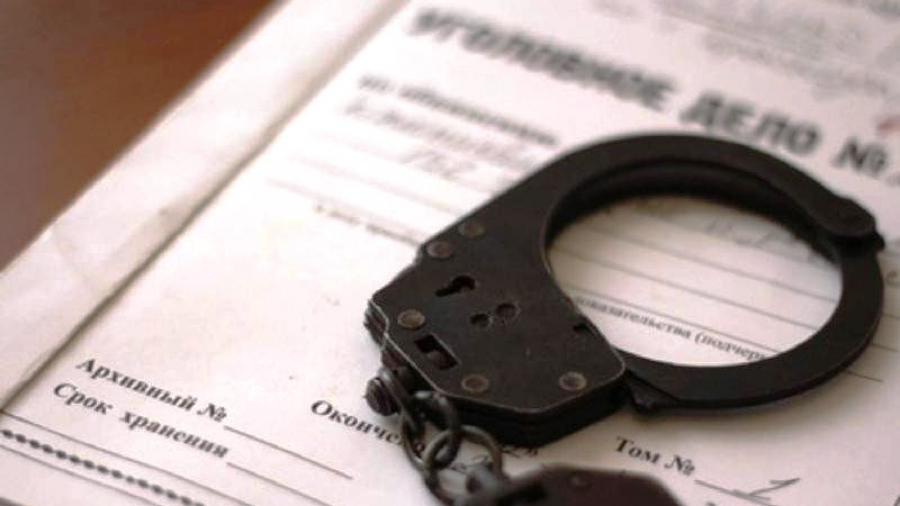
Kazakhstan is the first in the CIS to switch to electronic investigation of criminal cases. 70% of the work is already being implemented in this format. A total transition is planned by the end of the year, according to Kazakh Minister of Internal Affairs Yerlan Turgumbayev. This significantly reduces the period of investigation, increases the level of control and protection of the constitutional rights of citizens.
In general, as Minister of Internal Affairs said a briefing, Kazakhstan fixed a significant decrease in crime level. According to him, fewer crimes committed by adolescents are recorded, and the number of offenses committed under the influence of alcohol has also decreased. The ‘police closer to the people’ plan is also expected to have a positive effect on the situation.
“Following the instructions of the head of state, the plan ‘police closer to the people’ is being implemented. As part of the work, the number of patrol officers across residential buildings, in parks and squares will be increased, modern modular police posts will be installed in the most crime-prone areas of cities. These posts provide all the necessary conditions for round-the-clock reception of citizens and service. Alarm ‘call the police’ is also installed. Citizens can apply directly to the duty unit,” said Yerlan Turgumbayev, Kazakh Minister of Internal Affairs.
In addition, the Ministry of Internal Affairs jointly with the Ministry of Education are working on a number of new measures aimed at ensuring security. In particular, in the light of the tragic events in Tatarstan, it is planned to conduct special training for school students and personnel how to act in the emergency situation, especially during fires, earthquakes, floods, terrorist attacks or hostage-taking.
“All schools in the country are being surveyed. A number of disadvantages have been identified. Despite 100% equipment of schools with video surveillance systems, almost half of them do not meet the established standards; slightly more than a third of schools are equipped with emergency warning systems; only 8 percent of schools have panic buttons; access control and management systems - 5 percent; only 4 percent are equipped with turnstiles, 1 percent - with metal detectors. In addition, only 6 percent of schools have contracts with security organizations,” said Yerlan Turgumbayev, Kazakh Minister of Internal Affairs.









